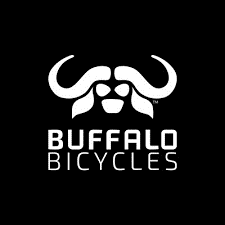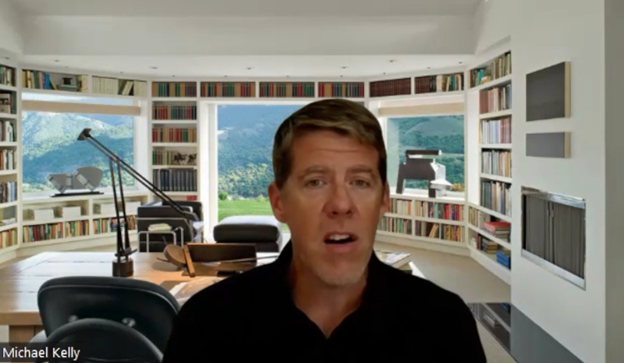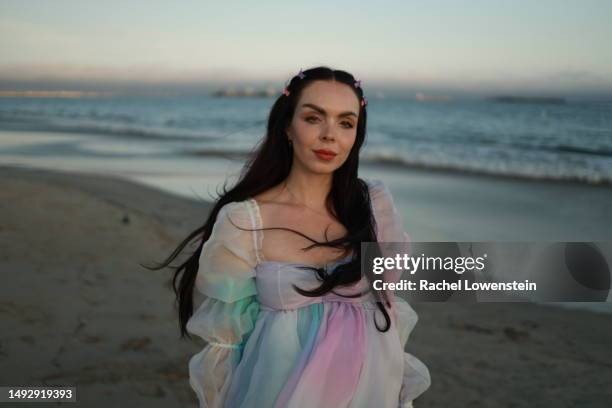
Michael Kelly of World Bicycle Relief Discusses a Viable Nonprofit & Social Enterprise Model Relevant to Brands…
Michael Kelly has worked in digital media and communications strategy roles at consumer packaged goods and technology companies for much of his career. Several months ago, he accepted his “dream job” as Communications Director of World Bicycle Relief. While he’s a cycling enthusiast, he’s also passionate about the mission to supply bicycles to remote regions of the world.
Bicycles provide much-needed transport to education, paid work, and healthcare services— helping these secluded communities to thrive. Roughly 1 billion people worldwide do not have access to reliable mass transportation, which limits their potential to succeed.
Just in time for World Bicycle Day, Michael Kelly discusses the expanded roles of nonprofit organizations and the marketing differences and similarities they share with for-profit companies.
The United Nations General Assembly declared June 3 as World Bicycle Day to recognize the bicycle as “a simple, affordable, reliable, clean and environmentally fit sustainable means of transport for the past two centuries.”
As someone who spent his career in the for-profit world, Michael Kelly is inspired by the unique hybrid business model World Bicycle Relief has created to combine their nonprofit efforts with a wholly owned for-profit subsidiary called Buffalo Bicycles Ltd., which sells these rugged, terrain-worthy bikes to other nonprofits, businesses, local governments, and individuals to meet increasing market demand.

BUFFALO BICYCLES
Profits from the sale of Buffalo Bicycles help fund World Bicycle Relief’s philanthropic programs. Built with heavy-gauge steel, reinforced spokes, and a rack made to carry 100kg+ (220lb+) loads, Buffalo Bicycles can withstand harsh, rural terrain and endure for years.
Buffalo Bicycles are designed, tested, and assembled in the country to provide local jobs in Kenya, Malawi, Zambia, Zimbabwe, and Colombia. Field Mechanics are also trained to service bikes. Plus, Buffalo Bicycles are compatible with locally available spare parts.
To learn more from Michael Kelly about a new business model combining nonprofit programs with social enterprise sales, watch the video interview on Internationalist Marketing TV (IMTV) on YouTube by CLICKING HERE.

PEDAL TO EMPOWER
To expand on the value of World Bicycle Day, World Bicycle Relief is encouraging anyone, anywhere, to join its global Pedal to Empower initiative through the end of June. The goal is to raise funds to provide bicycles to women and girls in rural regions to help their personal advancement.
Or, as Michael Kelly emphasizes, “It’s not just a bike; it’s a life-changer for women and girls who play a critical role in helping their communities thrive. A bicycle gives them access to education, job training, or work when they would otherwise be limited by walking impossibly long distances.”
Participating in the Pedal to Empower initiative is easy. Anyone, anywhere, can hop on a bike, host a ride, or join other riders in their community.

Listen to Michael Kelly discuss how brands can expand their missions by partnering with nonprofits and to The Internationalist’s entire Trendsetters podcast series here on iHeartRadio’s Spreaker or wherever you download your podcasts.
In our conversation, we discuss the following:
- Tell us about World Bicycle Relief’s origins and mission.
- You also have an important event going on now to celebrate World Bicycle Day called Pedal to Empower. I understand it has an ambitious goal. Would you outline this initiative for us?
- Can you share more about your business model, as it sounds quite innovative? Doesn’t World Bicycle Relief combine nonprofit programs with social enterprise sales to meet the needs for reliable transportation in low-income regions?
- Talk a little about Buffalo Bicycles… not only their durability but also the business of making these bikes.
- While you certainly have a global team, most of your programs are in Africa and South America. Is that correct? How do you balance the organization’s worldwide needs from a funding standpoint and delivering the bicycles? Also, who qualifies for a bicycle? There must be great competition, given their life-changing potential.
- Now, on a personal level, what made you move from the world of for-profit brands to a non-profit organization?
- Most people think of non-profit work as the need to constantly raise funds and donations. Are you finding that you are developing new skills to succeed in this role, or can you rely on your instilled marketing basics?
- How do your current role’s priorities or challenges differ from your past work?
- Through your work with the ANA over the years, you’ve undoubtedly been involved in discussions about “purpose” and the purpose-led organization. Does the vision of purpose differ for a nonprofit like WBR versus other consumer-driven brands?
- Are there ways that for-profit brands can partner with World Bicycle Relief?
- Michael… what’s next for you and World Bicycle Relief?
ABOUT MICHAEL KELLY
As Director of Communications at World Bicycle Relief (WBR), Michael Kelly leads the strategic communication efforts to amplify the organization’s mission of providing bicycles to individuals in need and transforming lives through the power of mobility. With a focus on storytelling, media relations, and influencing public policy, he works to build and engage a global community of supporters and partners.
His role involves crafting compelling narratives that showcase the impact of WBR’s work, strategic planning to inform our brand’s presence across multiple platforms, and driving initiatives that increase visibility and support for our cause. Through collaboration with WBR development and program teams, he ensures the organization’s message resonates worldwide, fostering a culture of inclusivity and empowerment.
ABOUT WORLD BICYCLE RELIEF
World Bicycle Relief was founded in 2005 by F.K. Day and Leah Missbach Day in response to the Indian Ocean tsunami. As a founder of SRAM Corporation and a leader in product development, F.K.’s role offered a unique opportunity to problem-solve with cycling industry leaders. As a documentary photographer, Leah’s gift for collecting and sharing stories brought the devastation of those affected by the tsunami to light. Together, with support from SRAM and other industry leaders, F.K. and Leah launched World Bicycle Relief to provide bicycles for those in need. In partnership with aid organizations in Sri Lanka, we distributed more than 24,000 bicycles to displaced survivors, providing access to education, healthcare, and livelihoods while reconnecting entire communities.




